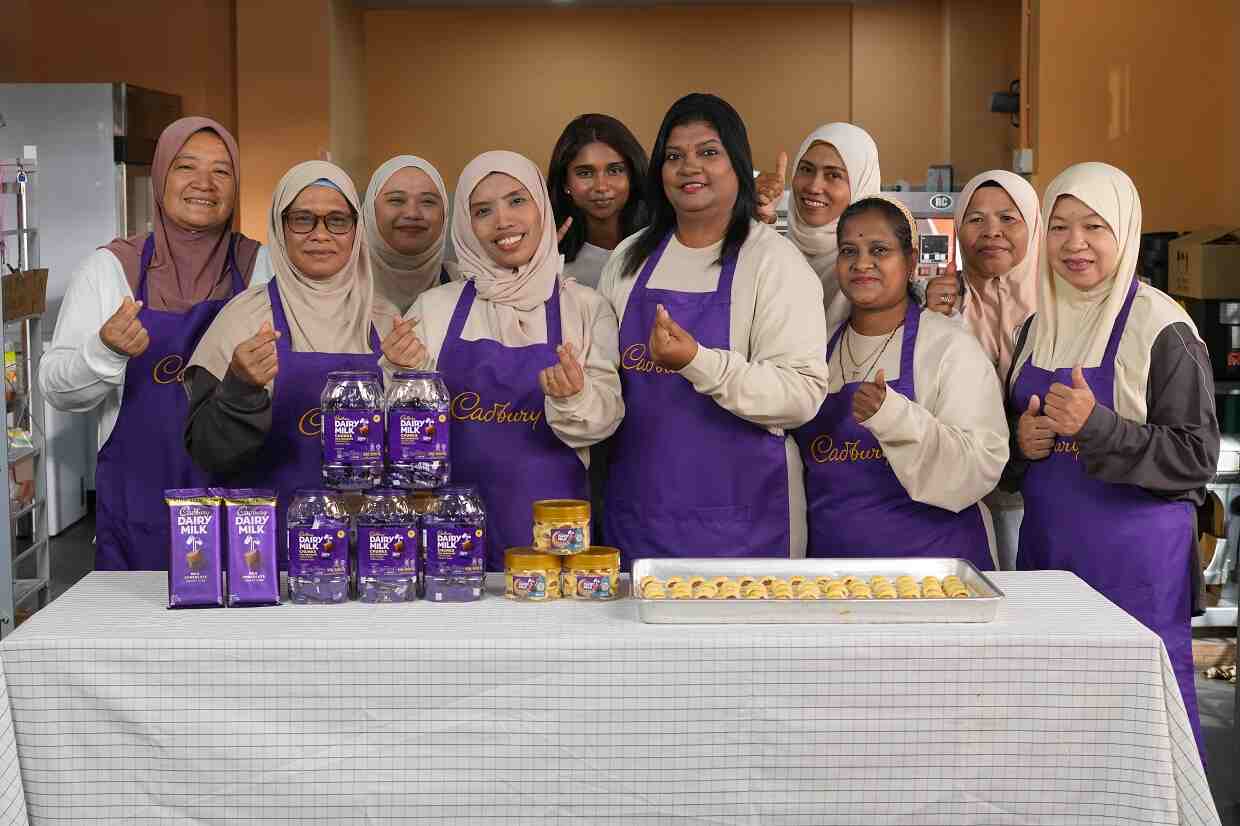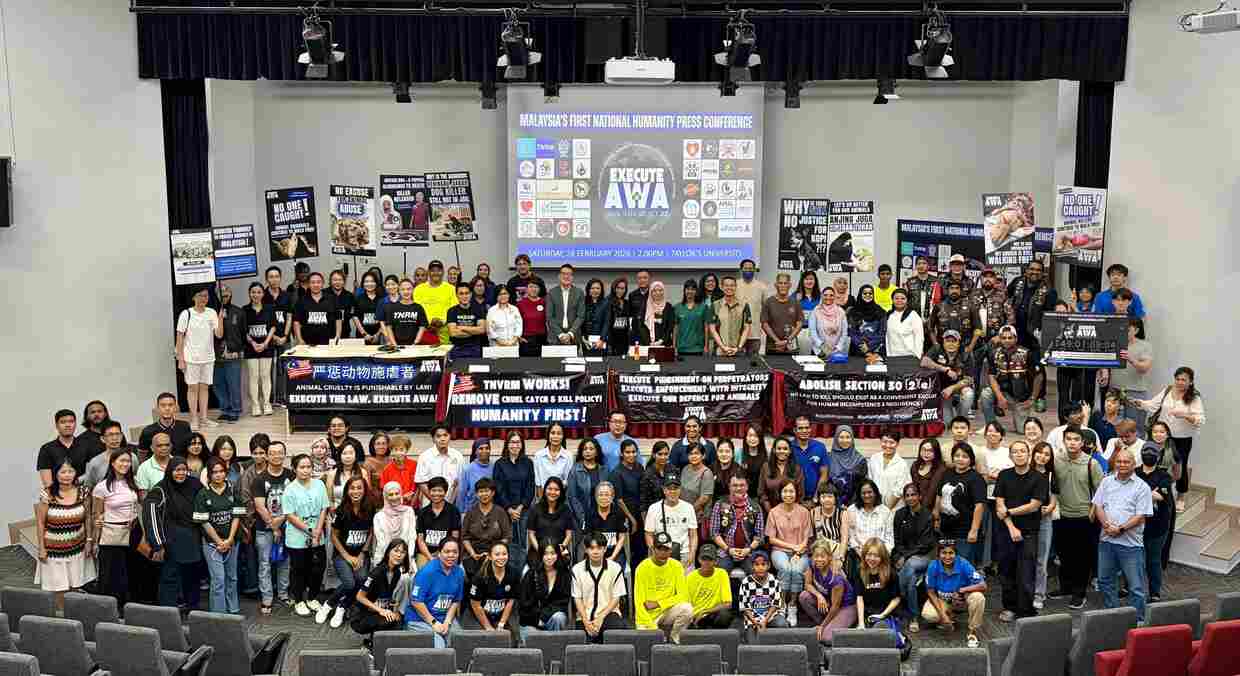The advantage of having more women in the workforce has long been recognized globally. Since the 1940s, the crucial role of women in a nation’s development and growth has been acknowledged, encapsulated in the often-quoted saying, “Women hold up half the sky.”
Terry Leong, CEO of World Vision Malaysia, emphasizes the significant benefits of incorporating more women into the workforce. “Having women in an organization can help improve its processes and boost collaboration. Women bring unique perspectives, solutions, talents, life experiences, and emotional connections. Researchers have found that women have stronger skills when it comes to reading non-verbal cues. This combination of male-female strengths makes the workplace stronger, richer, and, to a great extent, more productive,” said Leong.
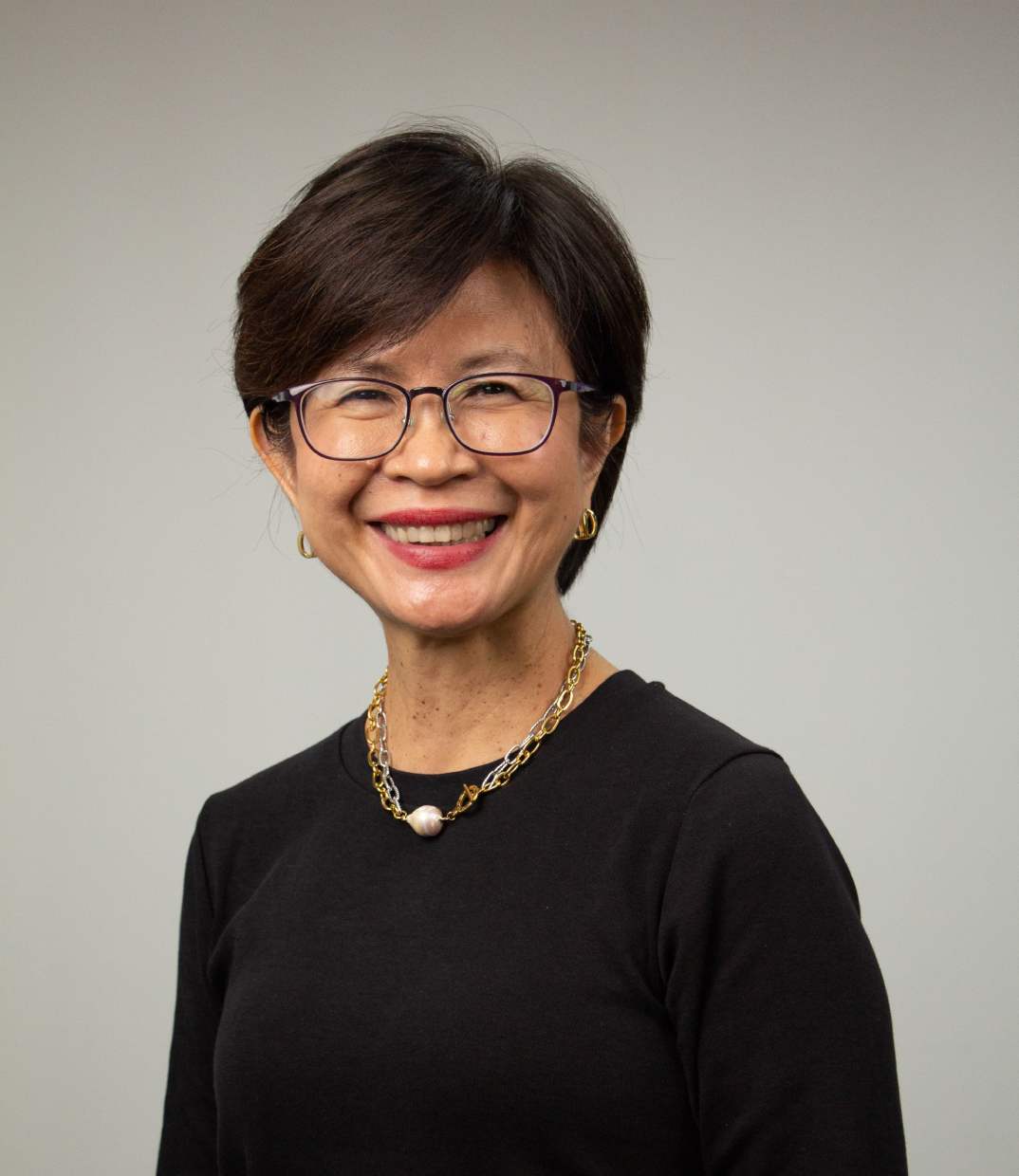
In late 2023, Malaysian Minister of Women, Family, and Community Development Datuk Seri Nancy Shukri announced new government initiatives aimed at increasing female labour participation from the current 56.2% to a target of 60%. However, a report by the Khazanah Research Institute in the first quarter of 2024 highlighted persistent gender disparities in the transition from education to the workforce. “A higher share of males enter work right after graduation compared to their female counterparts,” Leong noted.
Inclusive workplaces key to women’s advancement
According to the Department of Statistics Malaysia, as of February 2024, the female labour force participation rate stands at 56.5%, significantly lower than the male rate of 83.1%. Women face several vulnerabilities that impede their long-term participation in the labour force. Employers and governments must take proactive steps to level the playing field and ensure that women are not held back while fulfilling their roles as nurturers and caregivers.
Leong pointed out that “employers may view women with family obligations as possible detractors from future performance. This unjustly impedes their opportunities for advancement. By creating more inclusive and supportive workplaces for women that address the challenges they face, employers are investing in the future of their corporations and human resource development.” She further suggested that the availability of creches would provide women with peace of mind at work, significantly aiding female staff retention.
Flexible work arrangements
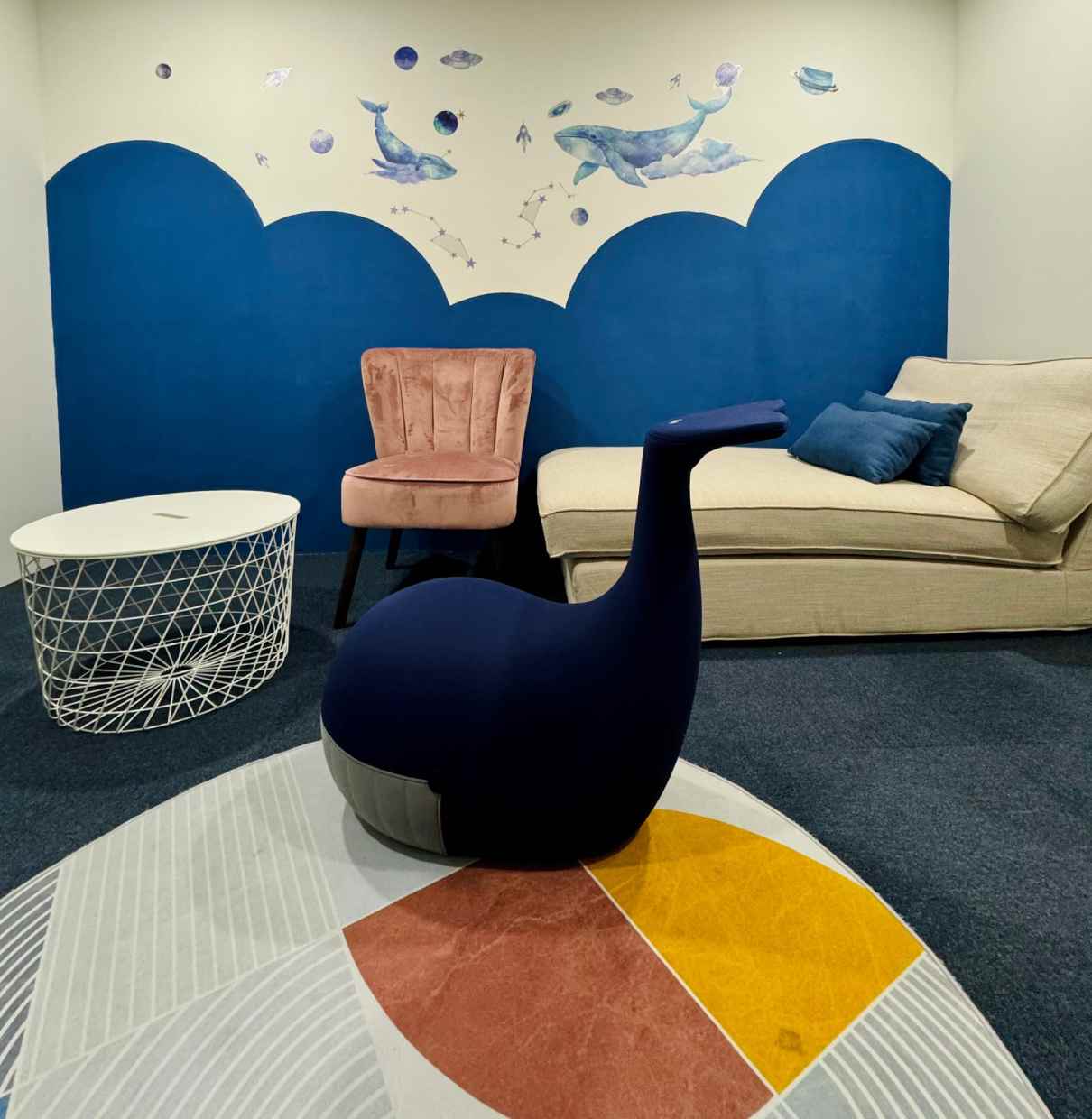
Contrary to popular belief, flexibility in work arrangements, rather than salary, may be key for women in the workforce. Women often balance caregiving responsibilities, childcare obligations, and other time commitments outside of work. Offering flexible scheduling, permanent remote work options, and part-time work can attract and retain women in the workforce.
“For businesses, flexible work arrangements will help companies adjust to workload fluctuations and avoid the costly side effects of being over or understaffed. For women, such options can help fill potential gaps in their résumés, build their networks of connections, and explore new professional opportunities. This results in a win-win arrangement for all,” said Leong.
Building a supportive ecosystem
A supportive ecosystem that allows women to showcase their potential as professionals without sacrificing their roles as caregivers and mothers is crucial. Leong emphasized the importance of professional development and reskilling, subsidized daycare centers in the private sector, and financial aid for women entrepreneurs under various government programs.
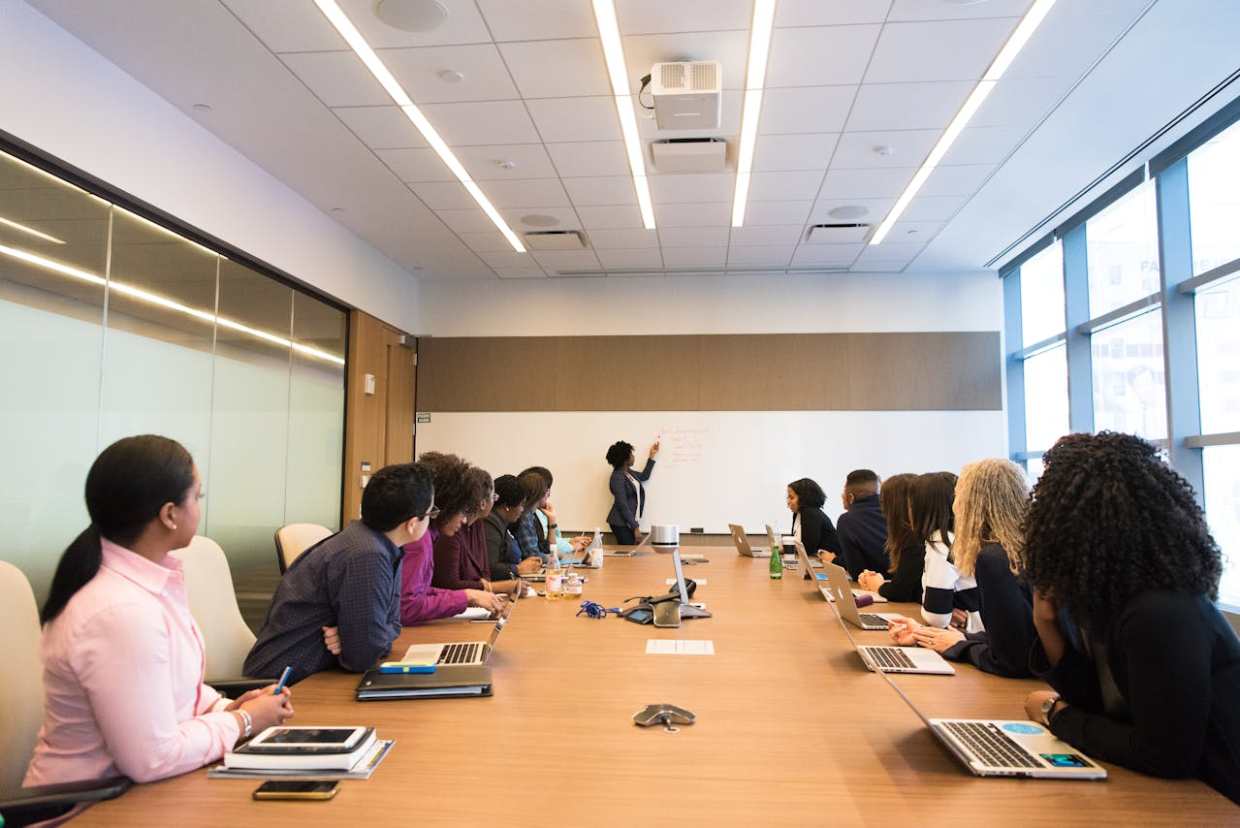
The McKinsey Women in the Workforce 2022 report found that burnout is escalating more quickly among women than men. The report stated, “One in three women have considered downshifting their career or leaving the workforce. Additionally, four in ten women have considered leaving their company or switching jobs.”
Leong argued that creating a supportive ecosystem should not be viewed as preferential treatment but rather as recognizing women’s worth, skills, experience, and contributions. “It is about exercising corporate compassion, support, and flexibility to empower female employees to carry out their multiple roles without feeling threatened, inadequate, or incompetent. It is about helping women grow and advance in their careers. Very importantly, it is also about ensuring that the positive influence of women is felt in the Malaysian workplace,” Leong stated.
The McKinsey report also found that companies with more than 30% female executives tended to outperform those with fewer or no women executives.
As Malaysia strives to increase female labor force participation, it is essential for all parties to acknowledge the needs and potential contributions of women and to tap into this pool of talent and skills. With mindful intentionality, Malaysia can empower women to realize their full potential in their multiple roles as daughters, wives, mothers, professionals, and entrepreneurs.







